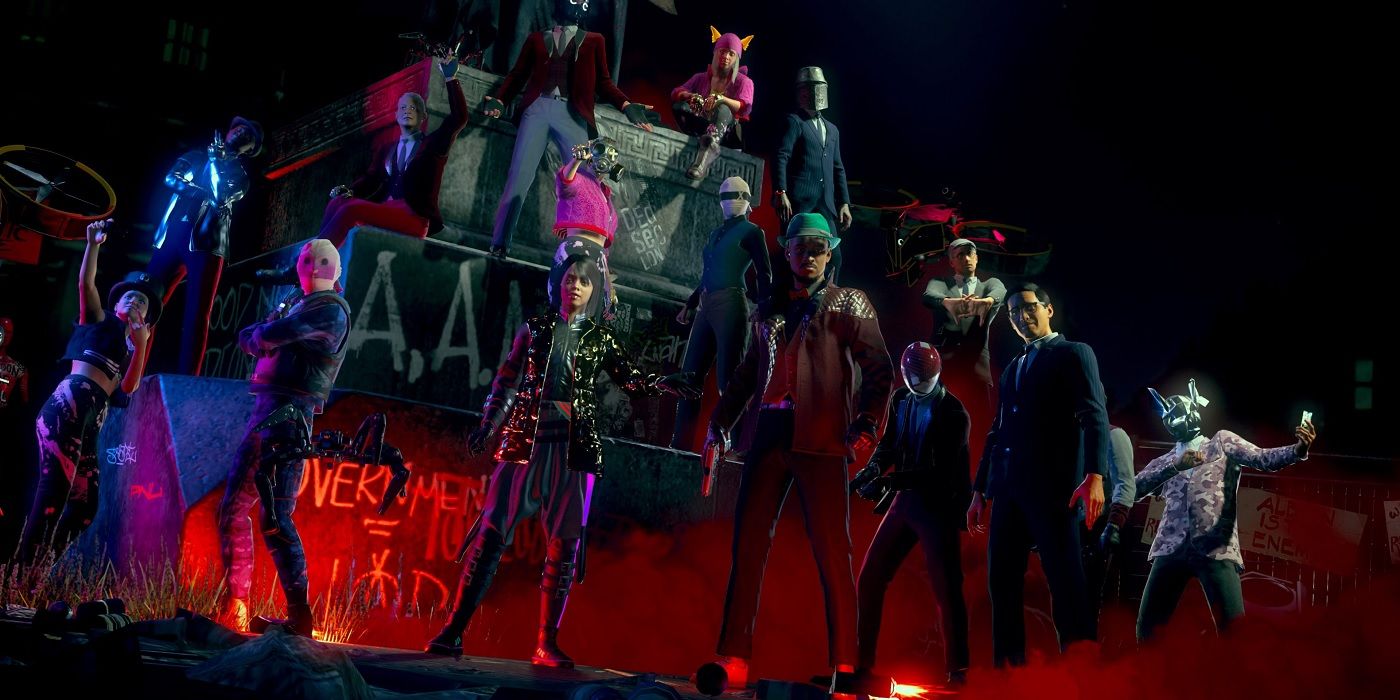
The leading feature that Watch Dogs: Legion has continued to use in order to reach out to fans is clearly the recruitment system and the procedurally generated characters that can all become the game's protagonists. It comes as a twist on the recruitment systems from Ubisoft's older titles that helps to bring the gameplay and the worlds of Watch Dogs and Assassin's Creed together by borrowing a key mechanic from Brotherhood.
Unfortunately, this homage to older titles falls slightly short when it comes to incorporating this shifting protagonist angle into the narrative of Watch Dog: Legion, even if it does push the gameplay to new heights for the series. This mostly comes down to an issue of direction and trying to let the AI take control for some of the heavy lifting, where cutscenes and conversations feel disconnected or incoherent depending on how a player engages with the system.
RELATED: Watch Dogs Legion Online Mode Launches on PC
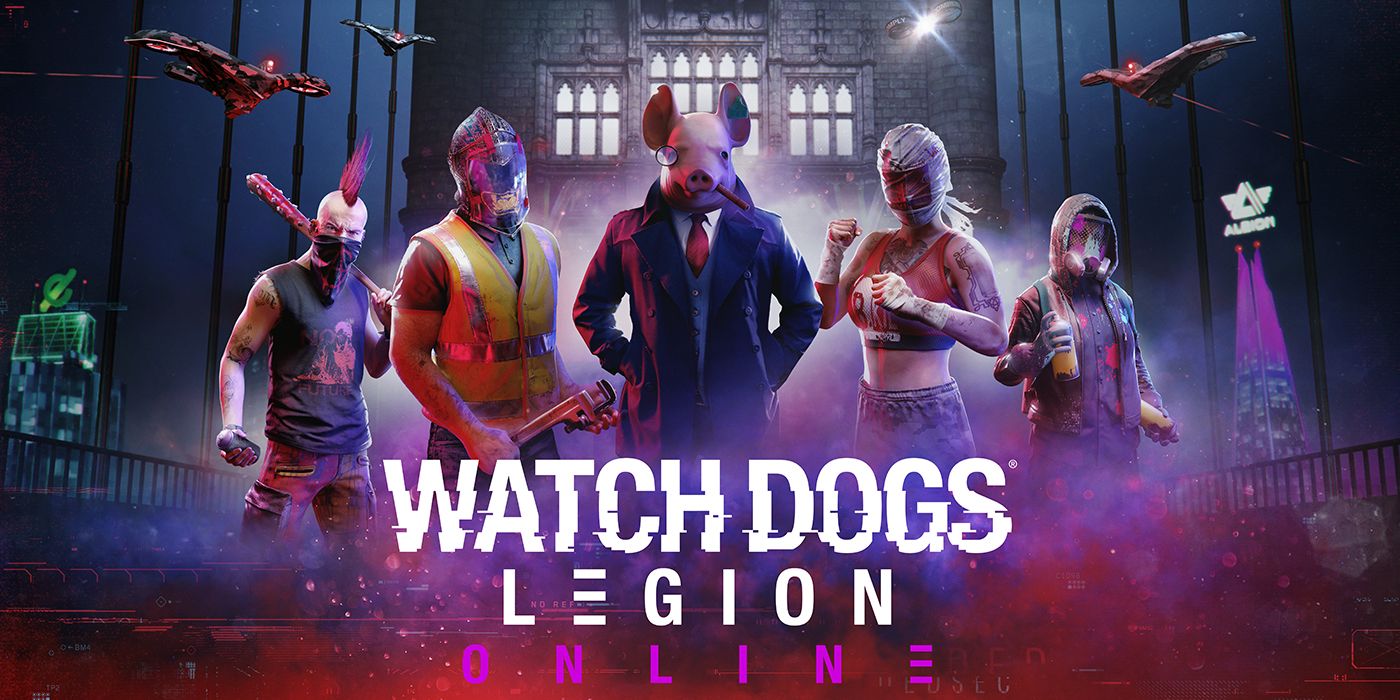
It would be unfair to not mention the ways that Watch Dogs: Legion gets this recruitment system right, and how it blends so seamlessly into the core gameplay loop. Specifically, the ability to make a team of operatives that all have their own strengths and weaknesses can allow for tons of different ways to approach each section. Some characters might be better at rushing into enemy territory and fighting through droves of enemies with their improved weapons and combat skills, while others might have stealth advantages.
One of the most impressive examples of the system changing the players' engagement with the game comes in the mission "Honey Trap", where the player is normally tasked with seducing a liaison for covert intel. However, if the player would prefer, they can instead recruit this character into DedSec in order to bypass this section and get the intel a different way. This is only one way that the recruitment system can alter how players complete Watch Dogs: Legion's missions, and there are plenty more of these tasks that can be similarly overcome by bringing new operatives onboard.
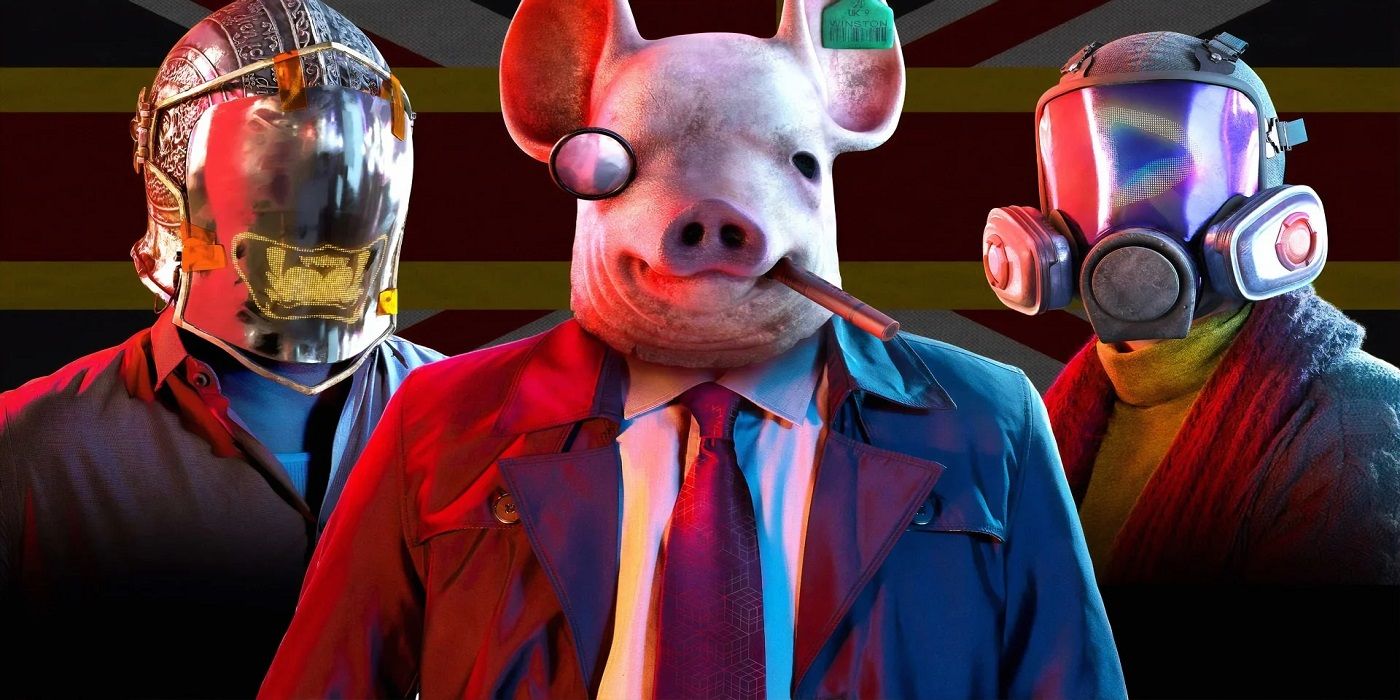
Moving away from the positives, recruiting these characters will eventually become monotonous for anyone trying to assemble a team of Watch Dogs: Legion's top recruits. Considering that the number of operatives that players can recruit is essentially infinite, it was already inevitable that some recruitment missions would start to feel familiar. However, while it is understandable that the variations on these missions is limited, repeating a mission for the third or fourth time between five operatives can make the experience more taxing than intended.
To Ubisoft's credit, there is a tech that creates a workaround to both recruit those who don't like DedSec, as well as cut down the time investment required to pick up each recruit. This is the Deep Profiler, and it gives players the option to simply attend to a potential recruit's needs and skip the rest of the recruitment process. These become a quicker way to pick up new operatives in Watch Dogs: Legion, but even these more condensed versions of the missions become tedious over time.
RELATED: Watch Dogs Legion Online Could Become the Sci-Fi Version of GTA Online
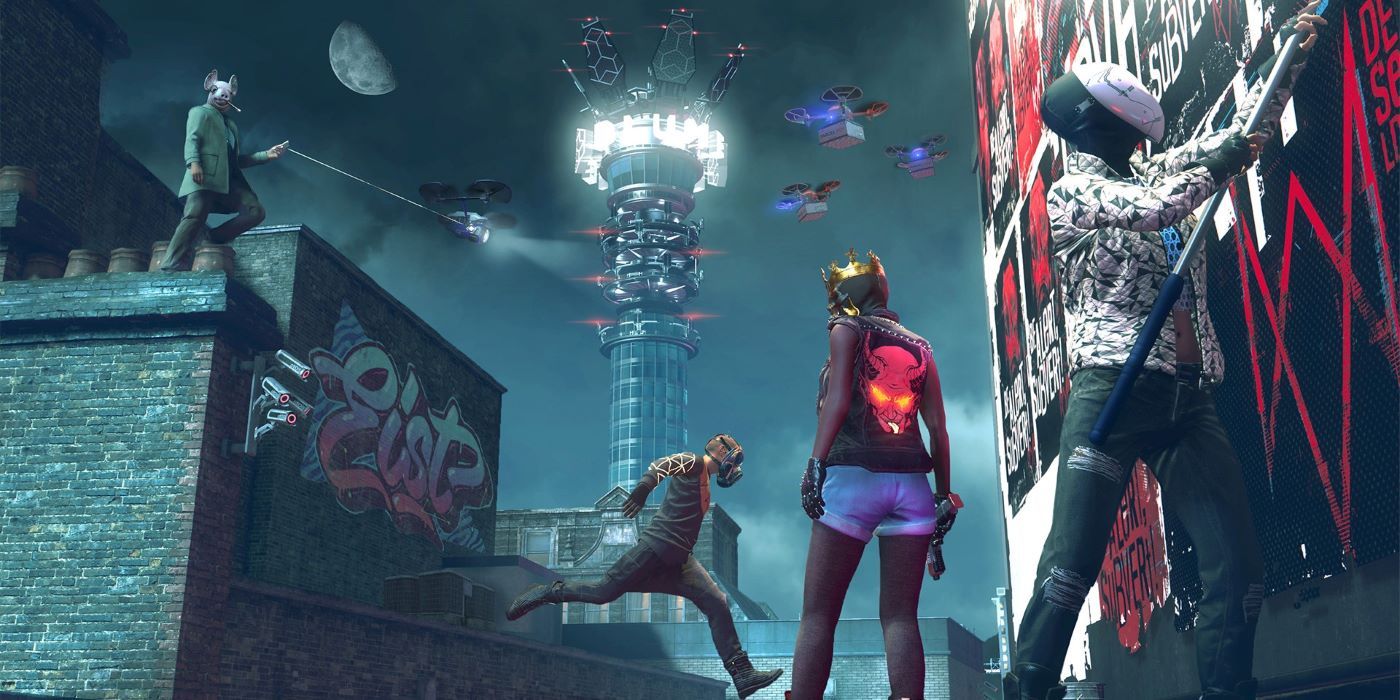
Beyond the issues of the gameplay becoming repetitive, the deepest issues with this feature become most apparent during what should be the hardest hitting moments in Watch Dogs: Legion's underwhelming story missions. It becomes harder and harder to care about what the "protagonist" is feeling or going through when its the third person the player has controlled over the last hour. To make matters worse, many of the interaction between the game's supporting cast and villains falls short, since they are almost talking directly to the player, rather than the character.
This distance between the current operative and the player continues all the way to the end of the game, with villains asking existential questions about morality to someone who might have only joined DedSec ten minutes ago. Writing a narrative and dialogue that has the same type of impact between two characters that know each other intimately and two that have never met will always be impossible. Regardless, the plot holes in Watch Dogs: Legion left by these inconsistency between the characters makes the story play second fiddle to hunting down collectables and operatives, or any other way of engaging through gameplay over narrative.
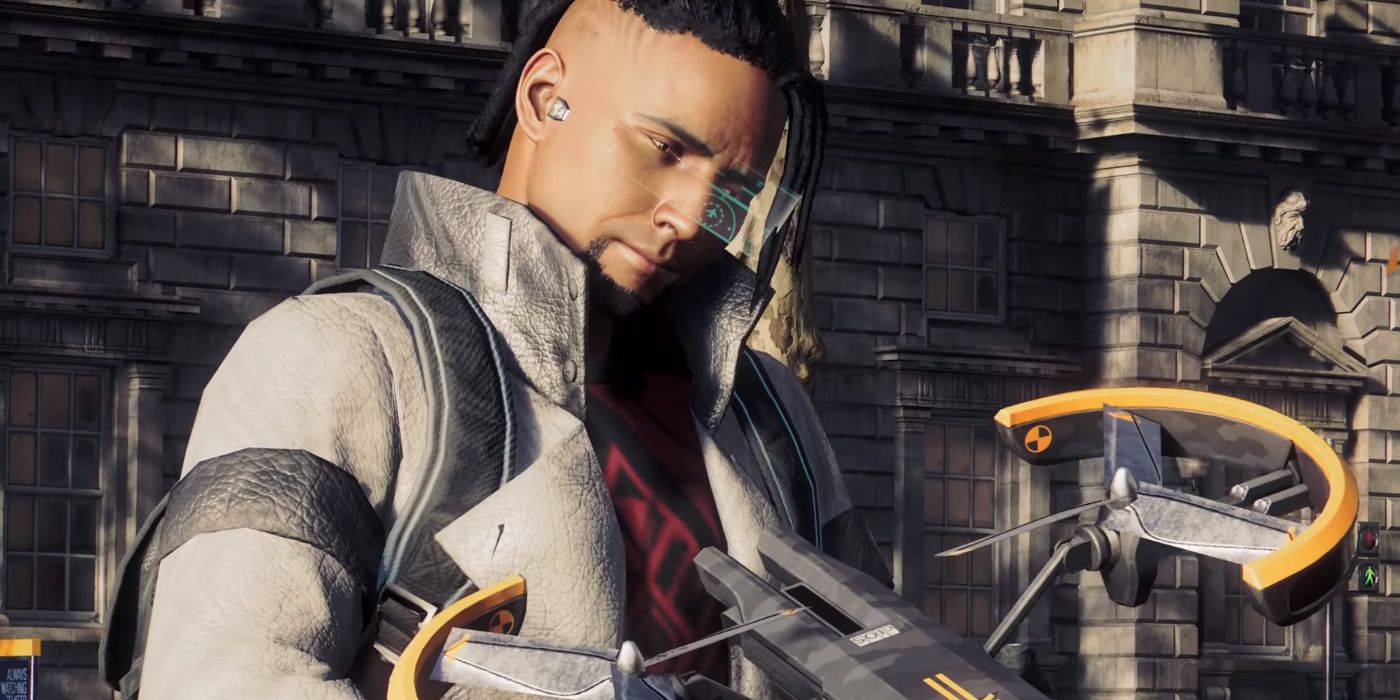
Another problem that Watch Dogs: Legion's recruits run into is the wide variety in the quality of vocal performances for each character. Some of these performances are fine, and others even stand out as the preferred perspective to view many of the game's narrative beats through, but there are plenty that can completely ruin an otherwise decent story moment. It gets to the point that some operatives aren't even worth keeping, regardless of their perks, since every interaction they have with another character is going to instantly take the player out of the moment.
A lot of this comes from the way that character interactions had to be designed, where the operatives essentially have canned responses, especially when talking to each other. However, this doesn't exactly excuse when those same characters are speaking in a cutscene with a more rigidly designed character that won't be an operative. Some of Watch Dogs: Legion's best recruits will give a poorly delivered line that doesn't seem to fit into the context of what had previously been said, even though it could have easily been set to have fixed responses to these important moments.
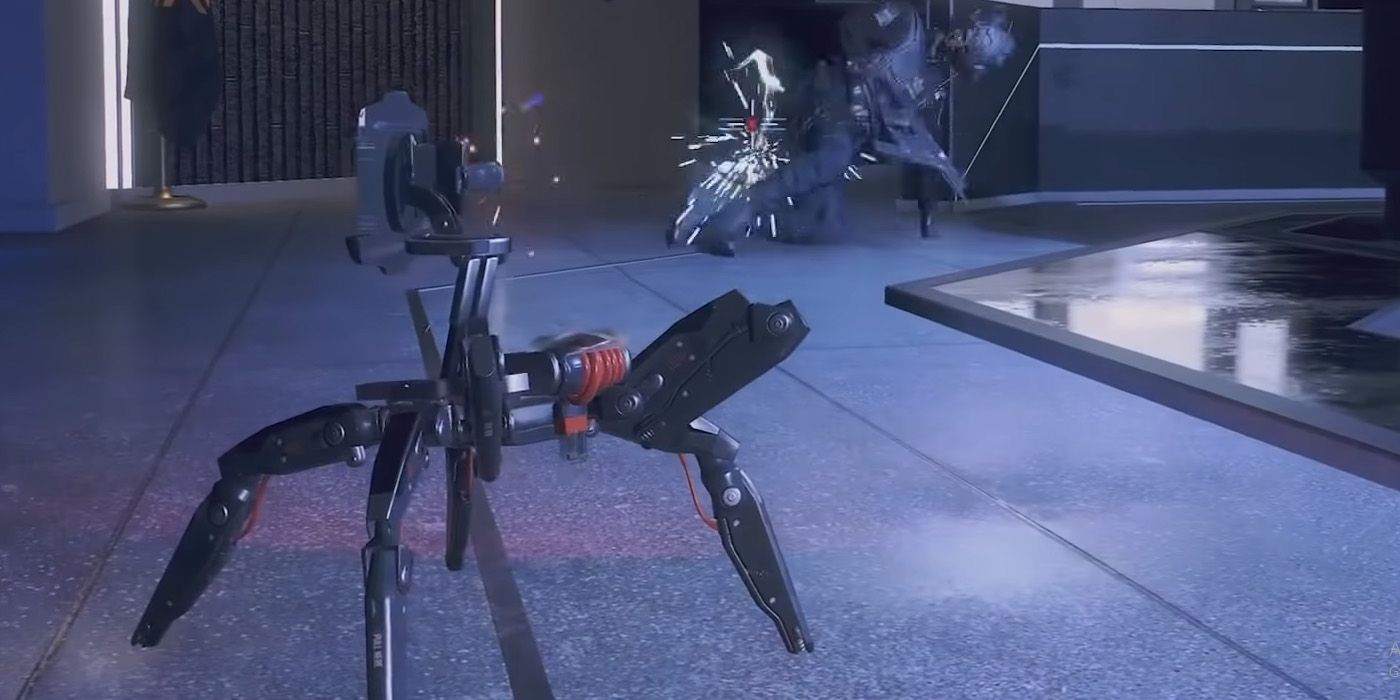
There is an easy way to fix many of these issues, and give the player a protagonist to follow from start to finish that can have meaningful interactions regardless of the face currently running through missions. Let the Watch Dogs: Legion's AI character Bagley, who acts as a guide for gathering intel and setting up missions, be the protagonist with the operatives simply being his arms and legs. This way only one voice actor needs to have responses available during pivotal story beats, and the villains can have a dedicated protagonist to have meaningful back and fourths with.
The game already includes a number of surprisingly deep takes on what Bagley is and where to draw the line between digital coding and a living person. Just make Bagley the player character and follow that thread even further, both to intentionally alienate the player from the interchangeable operatives, and to develop a narrative through line. This could solve most of Watch Dogs: Legion's problems presented by not having a centralized protagonist and help it stand out among Ubisoft's other open-world titles.
Watch Dogs: Legion is available now for PC, PS4, PS5, Stadia, Xbox One, and Xbox Series X/S.
MORE: Watch Dogs: Legion Roadmap Reveals Assassin's Creed Crossover

